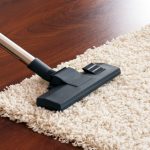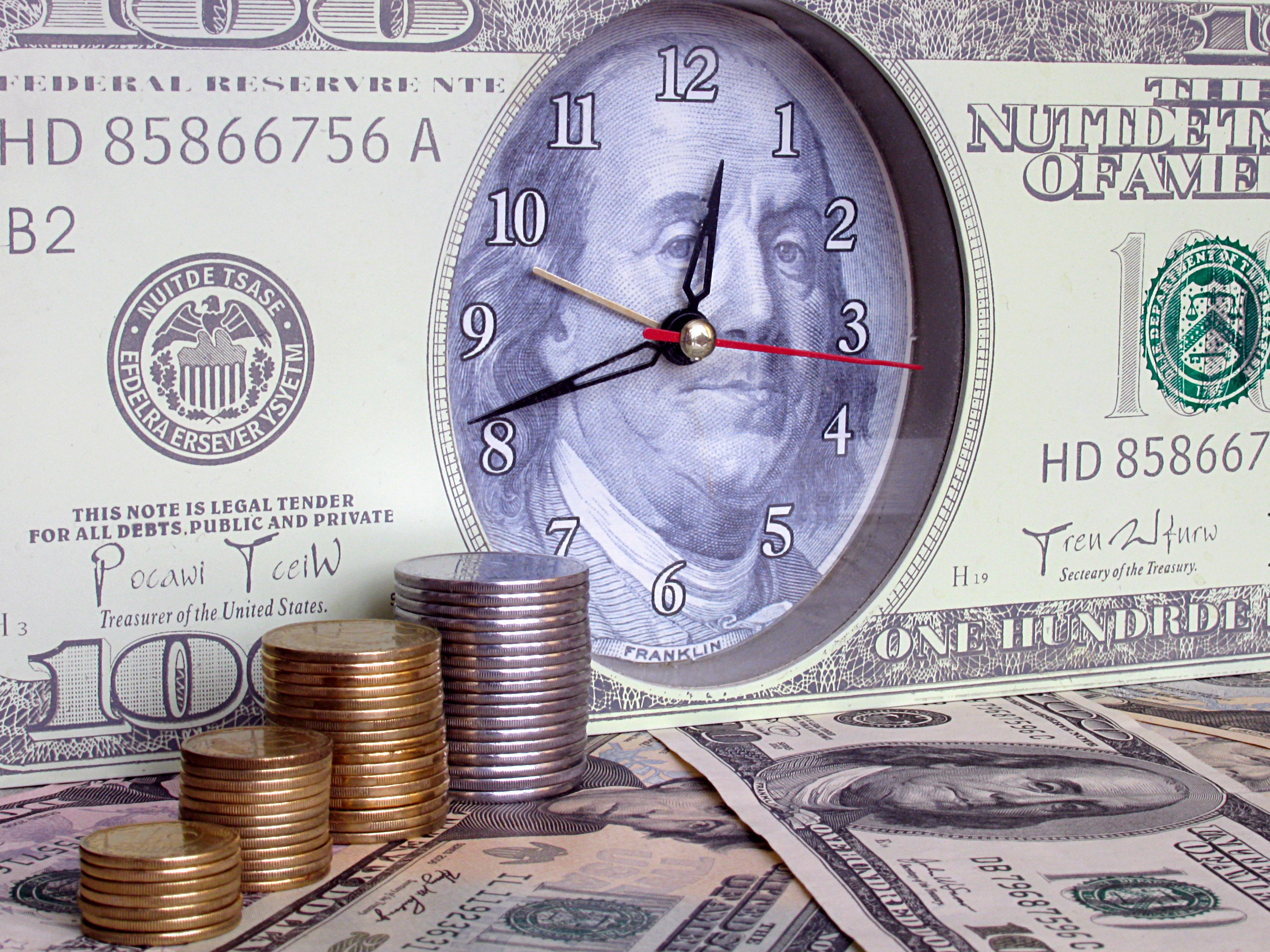Looking into reverse mortgages can be an arduous and exhausting process because of all the information that you should consider. For instance, you have to consider if you meet the qualifications and eligibility of the loan conditions, whether a reverse mortgage is suitable for you, and what you would do with the money upon approval. All of these demands can make the actual costs of a reverse mortgage seem less important.
The Lender
Once you’ve decided to apply for a loan, the next step is to select a lender. This person will conduct a financial assessment of you, determining your income sources (pensions, IRAs, Social Security and 401(k) plans) and your history and present willingness to keep up with household expenses.
An origination fee covers the lender’s operating expenses for your reverse mortgage. Under the Home Equity Conversion Mortgage (HECM) program, a cap of 2% on the first $200,000 on a home’s value with 1% of the remaining value has been set for the origination fee. An origination fee can also not exceed $6,000. There are lenders who may reduce or waive the origination fee on certain products.
The Counselor
Before applying for a reverse mortgage, you should consult an independent government-approved housing counseling agency. They will explain the financial implications and loan costs. He or she will also help you compare the different costs of the products on the market and will even help you reverse mortgage quotes Counseling agencies will charge a fee of around $125 for their services.
Mortgage Insurance Premium
The mortgage insurance premium (MIP) is a fee paid by the borrower to the FHA, the Federal Housing Administration, to ensure protections for both the lender and the borrower in an HECM reverse mortgage. For example, this fee ensures that the loan will not exceed the equity of the house.
The MIP fee depends on how much you make on the available funds in your first year of the loan. If you make below 60 percent, an upfront MIP of 0.50 percent of the appraised value of your home will be charged at the closing. If you exceed 60 percent, however, the upfront MIP will be 2.50 percent.
There is also an annual fee or 1.25 percent on the balance. However, it is not paid until the loan is repaid.
Other Fees
There are several other fees that occur in a reverse mortgage agreement. The appraisal fee, for the person who comes to evaluate your home’s value, will vary by type, region and value of your home, but is often around $450. If for whatever reason, the appraiser has to return for a reevaluation, the revisit fee is about $125.
Closing costs are other expenses to be aware of, which can include a credit report fee, settlement fee, document preparation fee, and land surveys. Closing costs can be more than $1,000 depending on what documents and services your home and application will require.








